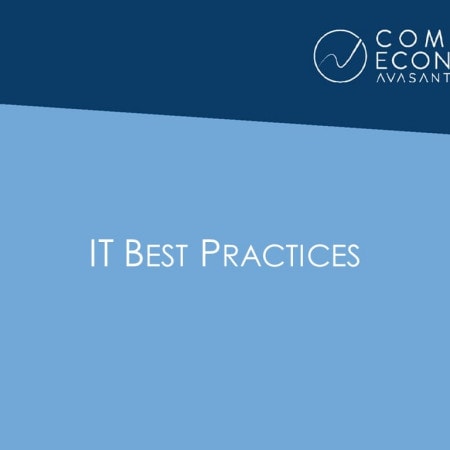-

Agriculture Industry is Increasing Efficiencies with Online Auctions
Contrary to its stereotype as an old-fashioned industry, agriculture is in a craze about the same phenomenon as all other industries: e-commerce--specifically auctions. Although online auctions are of peak interest on the Internet, agricultural auctions are in the early stages of development (currently, there is no data enumerating the number of cattle sold online), and like all other industries, agriculture is seeking a more efficient and cost-effective way of doing business. Online auctions and trading posts serve this function.
August, 2002
-

Agriculture and the Internet: Small Farms Promote Themselves Online
In a study of websites promoting small farming operations in the American Mid-West, Computer Economics found that owners of family farms and small orchards use several strategies to compete with large, nationally based e-commerce sites and attract visitors and shoppers to their operations.
August, 2002
-

eFruit Puts Buyers and Sellers in the Loop
Fruit International, creator of online marketplaces for buyers and sellers of agricultural commodities, has launched an online marketplace devoted to fruit procurement. With its acquisition of CitrusTrader.com completed, eFruit will soon offer FruitProcurement, an online marketplace for fruit contract negotiation, wireless fruit delivery scheduling, harvest and hauling negotiation, and fruit delivery status reports.
August, 2002
-

The Internet Agriculture Market
A total of 29 percent of U.S. farms now have Internet access, compared to 13 percent that had Internet access in 1997, according to a 3Q99 report from the National Agricultural Statistics Service (NASS), Agricultural Statistics Board, U.S. Department of Agriculture.
August, 2002
-

Achieving ROI on Agriculture Dot-Org Website
Online agricultural organizations are sites intended for farmers, ranchers, and other agriculturalists who seek information on agriculture news, weather, markets, and new technology. Ideally, online agriculture organizations should attempt to use their sites to build community and supply services to their organization's members. However, to create a return on investment, organizations must evaluate which practices can be used to build community and achieve greater ROI. Such practices include providing e-commerce capabilities, establishing a job marketplace or online membership application, offering community functions, and investing time and energy into the design and navigation of the site.
August, 2002

 Grid View
Grid View List View
List View